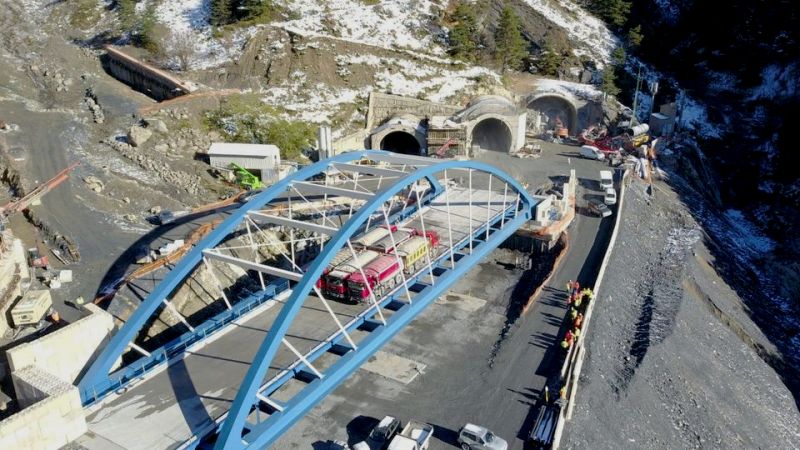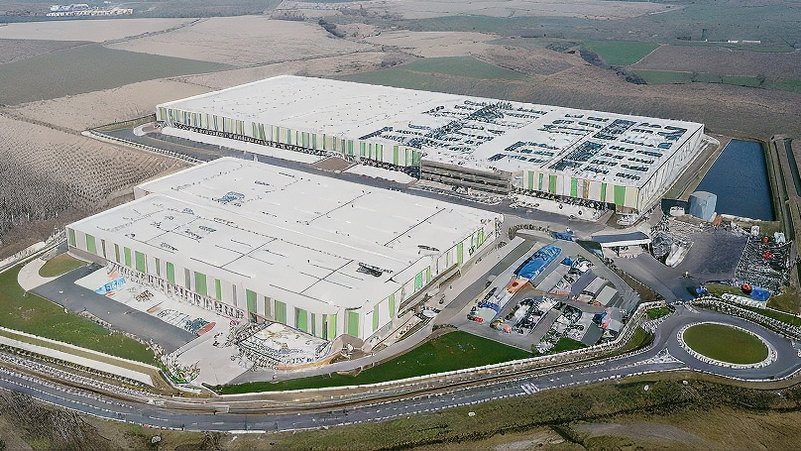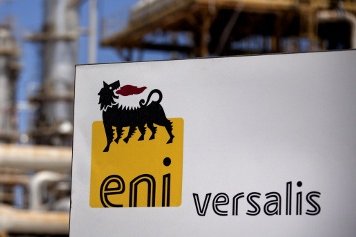A sensational turn of events has unfolded in the long saga of compensation for the commercial vehicle price cartel sanctioned by the European Commission. This development occurred at the Munich Regional Court during the hearing on February 29th, regarding a lawsuit filed by the Truck Pro association. In that courtroom, an appeal for compensation requested from MAN, with the association claiming to have presented the Court with confidential information from the European Commission, which could justify higher compensations for the vehicle buyers.
According to Truck Pro, contacts among manufacturers to determine vehicle prices began before 1997, the year publicly considered by the European Antitrust, dating back to the mid-1980s. The association states it had already presented such documentation in 2022, but it was not considered by the first instance judges, and now it is trying again on appeal.
Andreas Mossyrsch, a member of the Truck Pro board, explains that this information comes from the files of the European Commission's investigation but has not been made public. The association – which does not want to disclose how it obtained these documents – claims to have "detailed information on the meetings and names of the participating companies, the people involved, the content, and the locations where the agreements were made."
Mossyrsch explains, "This presents a completely different picture of the scale and nature of the truck cartel than previously known." To understand this statement, it's important to note that the defense of the industrial vehicle manufacturers argues that the cartel agreements did not lead to a price increase for customers and, therefore, caused no damage, making the compensation claims unjustified.
To support their claim, the lawyers of the manufacturers rely on economic analyses of competition examining the price trends of commercial vehicles during the period considered by the European Commission, from 1997 to 2011, concluding that there was no detectable price increase related to the cartel. According to Truck Pro, this argument is overturned by the documentation presented in Munich.
"If it is true that the cartel agreements began in the mid-1980s, this would mean that experts across Europe have assessed the wrong period, and the effect of the truck cartel on market prices in 1997 had been manifesting for some time," Andreas Mossyrsch explains. "The overall damage would, therefore, be significantly higher than previously known and verifiable."



































































